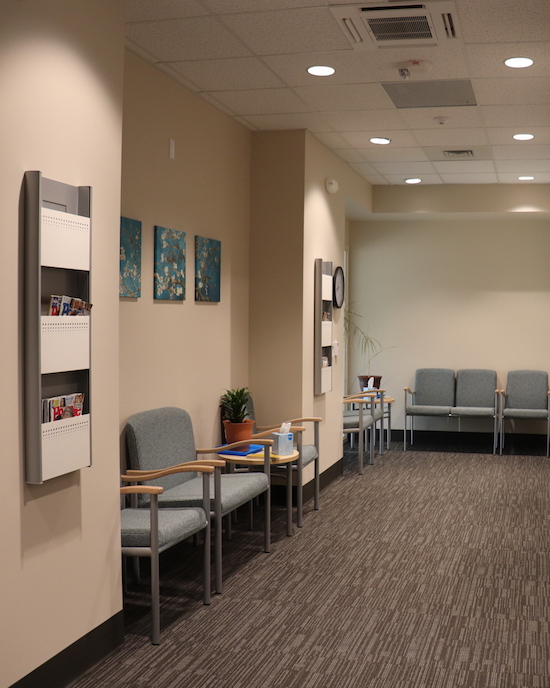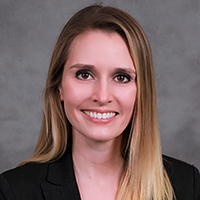Profs: Students coping with pandemic, other stresses, should seek help
As students experience mental health issues over the pandemic and the stresses of student life, PNW faculty encourage they seek help when they need it. Students can visit the Counseling Center, which is available on both campuses.
COVID-19, college and life in general are taking a toll on students’ mental health.
“College has definitely been way more taxing on my mental health,” said Joshua Beauduy, senior Broadcasting major. “Having to figure out what I wanted to do for my life was hard to decide, and overall going through the years was hard.”
Studies at the University of Pittsburgh, Carnegie Mellon and University of North Carolina have all found the pandemic took a toll on student mental health – and that freshmen students suffered most.
“My mental health took a bit of a hit during college, compared to high school,” said Raymond Kosinski, a senior Human Resource major.
Faculty members have noticed.
“There is a nationwide increase in college students seeking counseling services and that many university counseling centers are not equipped to meet the increased demand,” said Amanda Zelechoski, professor of Psychology.
“Students have taken on additional responsibilities, including jobs, childcare or caregiving for family members, while still trying to manage the demands of school,” she said. “Students are also experiencing increased cognitive load.
“When we start to have a cognitive overload there are too many things demanding our attention at one time and it can increase stress,” said Zelechoski.
The result of all the stress is that many counseling centers cannot keep up with demand.
“I have seen a significant increase in people seeking mental health services,” said
Kimberly Brunt, clinical associate professor of Psychology. “Most counseling centers and mental health practices have waiting lists and receive several calls per day seeking services.
“Many people are experiencing increased stress due to the general uncertainty of life during the pandemic,” she said. “The ‘unknown’ and feeling a loss of control in one’s life can create increased stress. Students already had stressors of work, family, finances, and social life to deal with.”
Meanwhile, students can try some self-care.
“It is important that students … recharge,” said Brunt. “Make time to do at least one enjoyable thing a day. Say no to things that are not required. Say yes to things that bring you joy. Exercise. Break down large tasks to smaller achievable steps.”
Zelechoski suggested students also seek support from people around them.
“One of the most important things students can do is increase and deepen their connections, to peers, faculty, and staff,” she said. “Having people to lean on, recognize your potential, and encourage you to do things out of your comfort zone are critical ingredients to thriving in college.”
If you or someone you know is struggling, students can contact the Counseling Center at (219) 989-2366 for either campus.
You can also contact the National Suicide Prevention Lifeline at 1-800-273-TALK (8255), open 24/7, for immediate crisis counseling and referrals.



